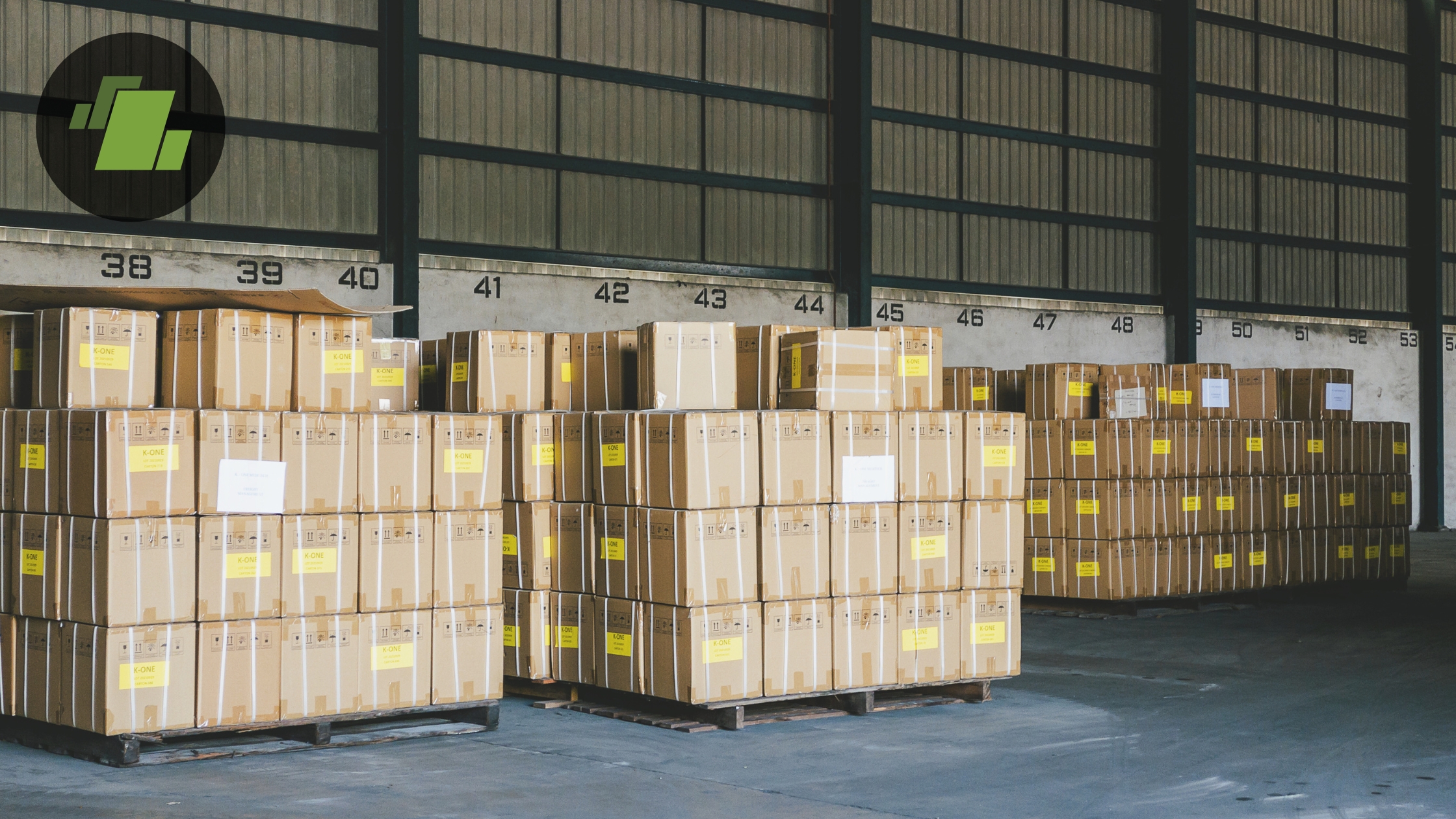

Introduction:
FMCG brands operate in a highly competitive industry that requires agility, efficiency and constant adaptation to consumer demands. To overcome the daily challenges they face and achieve sustained growth, FMCG brands can leverage the power of an Enterprise Resource Planning system. An ERP system provides comprehensive solutions to address critical operational aspects and drive efficiency, leading to improved profitability margins. In this blog post, we will explore how an FMCG ERP software can empower FMCG brands to overcome their daily challenges and enhance profitability.
Supply Chain Management:
The supply chain is at the core of FMCG operations, and effective management is essential for success. With real-time visibility into inventory levels, FMCG brands can ensure adequate stock availability, reduce carrying costs, and minimize stock outs or overstocking with FMCG inventory management software. Accurate demand forecasting capabilities enable better production planning, reducing wastage and maximizing production efficiency.
Production Planning and Efficiency:
Efficient production planning is crucial in the FMCG industry, where demand fluctuations and tight timelines are common. LOGIC ERP | the best FMCG distribution business software provides tools to optimize production scheduling, resource allocation, and capacity planning. It helps FMCG brands improve production efficiency, minimize downtime, and reduce production costs. With real-time insights into production data, businesses can identify bottlenecks, optimize workflows, and make informed decisions to enhance overall operational efficiency.
Sales and Distribution Management:
FMCG brands often face the challenge of managing complex sales and distribution networks. The top FMCG management billing software system streamlines sales order management, automates invoicing and payment processes, and enables efficient route planning and distribution management. It provides accurate sales data and analytics, helping businesses identify high-performing products, optimize pricing strategies, and target the right markets. With FMCG distribution software, FMCG brands can enhance customer satisfaction, increase market share, and drive profitability.
Trade Promotions and Marketing Effectiveness:
LOGIC ERP FMCG billing software system facilitates trade promotion planning, execution, and analysis. It helps FMCG brands track promotional effectiveness, evaluate return on investment (ROI), and adjust strategies accordingly. By optimizing trade promotions, businesses can maximize sales revenue, improve brand visibility, and enhance profitability margins.
Financial Management and Cost Control:
An ERP system provides robust financial management capabilities, enabling FMCG brands to track and control costs effectively. It streamlines financial processes such as accounts payable, accounts receivable, and general ledger management. By automating financial transactions, businesses can reduce manual errors, improve cash flow management, and gain better control over their financial operations. Accurate financial data by LOGIC ERP FMCG distribution billing software allows for informed decision-making, cost analysis, and profitability monitoring.
Business Intelligence and Analytics:
The top FMCG distribution software and ERP system offers advanced reporting and analytics capabilities that provide valuable insights into FMCG operations. It generates reports on sales performance, inventory turnover, profitability by product or channel, and more. With these insights, FMCG brands can identify trends, evaluate the effectiveness of marketing campaigns, and make data-driven decisions to optimize operations, reduce costs, and improve profitability margins.
Conclusion:
In the competitive FMCG industry, FMCG brands need to overcome daily challenges and improve profitability margins to thrive. An FMCG software streamlines processes, and provides valuable insights. By leveraging an ERP system, FMCG brands can optimize supply chain management, enhance production planning and efficiency, streamline sales and distribution, improve trade promotions, and effectively manage finances. This leads to enhanced operational efficiency, reduced costs, and improved profitability margins. Investing in an ERP software for FMCG distributors enables FMCG brands to stay ahead of the competition, meet consumer demands, and drive sustainable growth in today’s dynamic marketplace.
If you are looking for the best FMCG software, FMCG distribution software or FMCG billing software, contact LOGIC ERP experts today!

